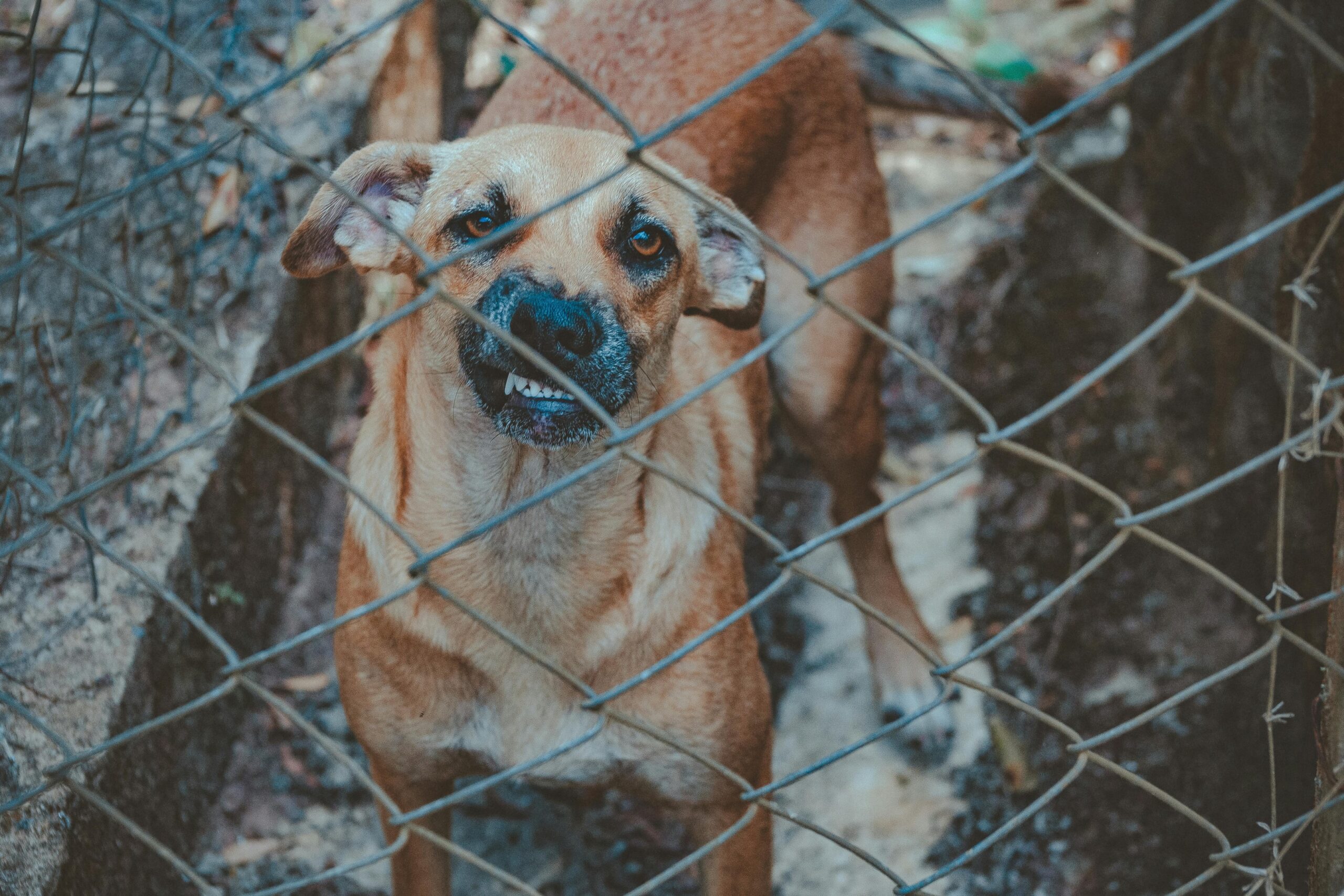
When a dog bite occurs on a rental property, the question of who is responsible becomes urgent. Can a landlord be sued for a tenant’s dog bite? The answer depends on several legal and factual elements, including whether the landlord knew about the dog, the dog’s behavior, and the level of landlord responsibility exercised.
In many dog bite cases, a landlord can be held liable if the injury results from a failure to act on known risks posed by a tenant’s dog.
This article explains how landlord liability works, when a property owner may be held accountable, and what rights a dog bite victim has to obtain compensation. We’ll also walk through real-life examples, common misconceptions, and key factors like renters’ insurance, medical expenses, and the legal process.
Who Is Primarily Responsible for Dog Bites?
In general, dog owners are the first parties to be held liable when a dog bites someone. That includes injuries inflicted on visitors, neighbors, or other tenants.
However, landlords may share legal exposure under certain conditions, especially when the dog attack takes place on the landlord’s property or when the landlord knew the tenant’s dog posed an unreasonable risk.
Key Elements That Establish Landlord Liability
Courts consider several factors when deciding whether to hold the landlord liable:
- Did the landlord have actual knowledge of the dangerous dog?
- Was the dog belonging to the tenant known to have vicious propensities?
- Did the landlord fail to remove the dog despite knowing the risks?
- Did the attack happen on rented property controlled by the landlord?
If the answer is yes to these questions, the landlord may be held responsible for damage, including medical bills, lost wages, property damage, plastic surgery, and emotional distress.
For instance, if a tenant in an apartment building owns a German Shepherd that has previously lunged at other residents, and the landlord ignores repeated warnings, the dog bite victim can file a dog bite claim against the landlord if the dog later bites someone.
When Is the Landlord Liable?
Let’s say a tenant owns pit bulls and has received complaints from other tenants. The landlord is aware of these reports but does nothing. Later, an attack occurs in a shared courtyard. In this case, the landlord’s property becomes the setting of the incident, and the landlord’s failure to take reasonable care may lead to liability.
Another example: a tenant’s property includes a backyard fenced with broken panels. A dangerous animal escapes through the broken fence and bites a passerby on the street.
Though the bite occurred off-site, the property owner may still be liable for a tenant’s dog bite if poor maintenance contributed to the incident. This has occurred in places like remote Alaskan villages, where dog management is often neglected. Moreover, it is also among the common misconceptions related to dog bite cases.
What About Off-Property Bites?
A common misconception is that landlord liability ends at the boundary of their rented property. While this is often true, there are exceptions. If a dog escapes due to neglected property features—a damaged gate, a missing latch—the landlord may be held liable even if the dog bite occurred outside the premises.
Importance of Screening and Lease Enforcement
Landlords are expected to act with diligence during the tenant vetting process. This includes asking prospective tenants about pet ownership, especially breeds labeled as vicious animals or historically linked to aggressive behavior.
If the landlord allows a vicious dog on-site without proper precautions or fails to enforce lease terms, courts may interpret that as negligence.
Consider a case where a tenant lies about owning a dangerous dog, and the landlord never inspects the property or follows up. If a dog bite incident occurs, this lack of oversight may lead to the landlord being held accountable.
Insurance Coverage and Legal Gaps
When a dog bite occurs, the first source of compensation is often the renter’s insurance held by the animal’s owner. However, many policies specifically exclude certain breeds or don’t cover dog bites at all. That’s when victims and attorneys may look into the landlord’s insurance policies.
It’s important to note that most insurance policies for landlords exclude pet-related claims unless explicitly covered. If the insurance company refuses to pay and the landlord knew about the aggressive behavior, legal action may follow.
Injuries Caused and Types of Compensation
Dog bite injuries vary from mild puncture wounds to disfiguring trauma that requires surgery. Victims may suffer infections, permanent scars, nerve damage, or long-term emotional distress. In severe cases, children bitten by a tenant’s dog have required multiple rounds of plastic surgery.
A skilled personal injury attorney will help victims file a claim that seeks full compensation for:
- Medical expenses
- Lost wages due to missed work
- Therapy for emotional distress
- Damaged clothing or personal property
- Pain and suffering
Holding the Landlord and Tenant Accountable Together
Sometimes, both the tenant and landlord may be named in a dog bite lawsuit. While the animal’s owner usually bears direct responsibility, the property owner may share fault for enabling a dangerous situation.
This shared liability can increase the chances of successful recovery. It also sends a clear message that reasonable care is a shared obligation between tenants and landlords. When that duty is breached, both can—and should—be held accountable.
What to Do After a Dog Bite on Rented Property
If you or a loved one is bitten by a tenant’s dog, take the following steps right away:
- Get medical care immediately.
- Identify the dog and its owner.
- Document the dog bite injuries with photos.
- File a report with local animal control.
- Contact a personal injury attorney.
- Ask the law firm about a free consultation to explore your rights.
The earlier you speak to a legal professional, the stronger your insurance claim and case become. Fast action also helps preserve evidence that could support your dog bite claim.

Preventive Measures Landlords Should Take
To reduce the risk of being sued for a tenant’s dog bite, landlords can:
- Draft pet agreements in leases with breed and size restrictions.
- Require renter’s insurance that covers pets.
- Inspect the rental property regularly.
- Enforce rules when there are complaints about aggressive behavior.
- Maintain fences, gates, and common areas to avoid escape risks.
Being proactive demonstrates that the landlord took steps to prevent unreasonable risk, which can reduce liability.
Final Thoughts:
While dog owners are typically the first to face blame, landlords can be sued under the right circumstances. If the landlord knew about the vicious dog, had the power to act, and failed to, they could be legally responsible.
In cases involving significant injuries, a dog bite attorney is crucial to help recover compensation and navigate legal complexity.
Fighting Dog Bite Cases With BLG
If you’ve been injured by a tenant’s dog on the landlord’s property, don’t delay. Contact Bourassa Law Group for a free consultation. Our experienced dog bite attorneys understand how to build strong dog bite cases, hold negligent landlords and tenants accountable, and fight for the full compensation you deserve.
Your injuries deserve justice. Let Bourassa Law Group help you obtain it.





